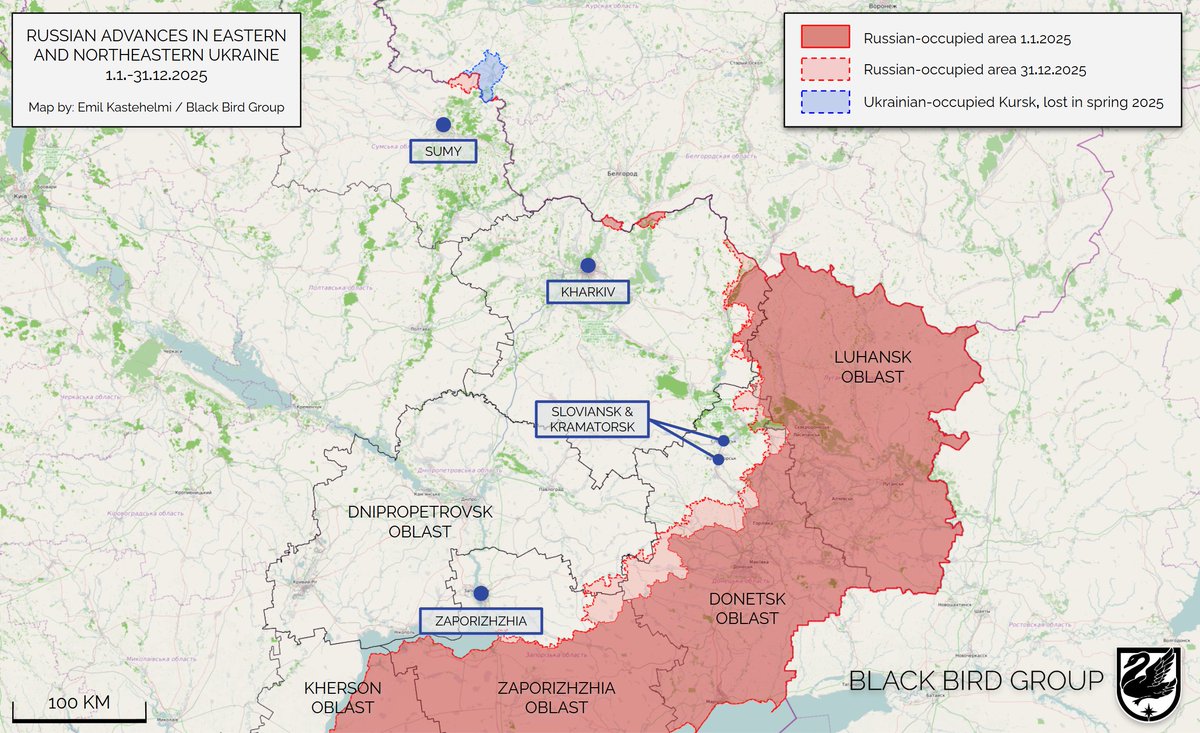Recently, a new development in drone warfare has been sighted - the so-called Dragon drones.
Ukrainian drones are pouring thermite on Russian positions. This is something different from FPVs and bombers, and from a psychological viewpoint rather terrifying. 1/🧵
Ukrainian drones are pouring thermite on Russian positions. This is something different from FPVs and bombers, and from a psychological viewpoint rather terrifying. 1/🧵
Thermite is a substance that burns at very high temperatures. Not only do the trees and bushes burn, but it can also damage equipment, vehicles and fortifications, and cause severe burns to soldiers.
With less vegetation, drone recon and strike missions are more effective. 2/
With less vegetation, drone recon and strike missions are more effective. 2/
This is also a new twist to the fear of drones.
Imagine: out of nowhere, fire starts raining down from the sky, and there’s nothing you can do to stop it. You can’t put it out with water. Your comrades are screaming, caught in flames, like human torches. 3/
Imagine: out of nowhere, fire starts raining down from the sky, and there’s nothing you can do to stop it. You can’t put it out with water. Your comrades are screaming, caught in flames, like human torches. 3/
This tactic hasn't been widely seen before, and I'm unsure how common it will become. It won't replace FPVs or bombers as a common strike method against infantry or vehicles, but it's a potential addition to existing capabilities, at least for special purposes. 4/ 

Even though the first examples of Dragon drones have been seen very recently, the innovation has been there for some time already. After the first public video, many brigades and groups quickly posted material of the Dragons from various parts of the front. 5/ 

There are still open questions about the Dragons, and it's too early to assess their actual effect on the battlefield and how they might evolve. The Russians might also adopt the innovation in some form if it proves to be effective.
In any case, an interesting phenomenon. 6/6
In any case, an interesting phenomenon. 6/6
• • •
Missing some Tweet in this thread? You can try to
force a refresh











